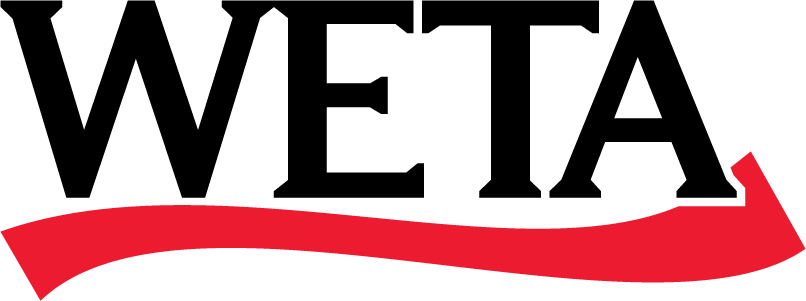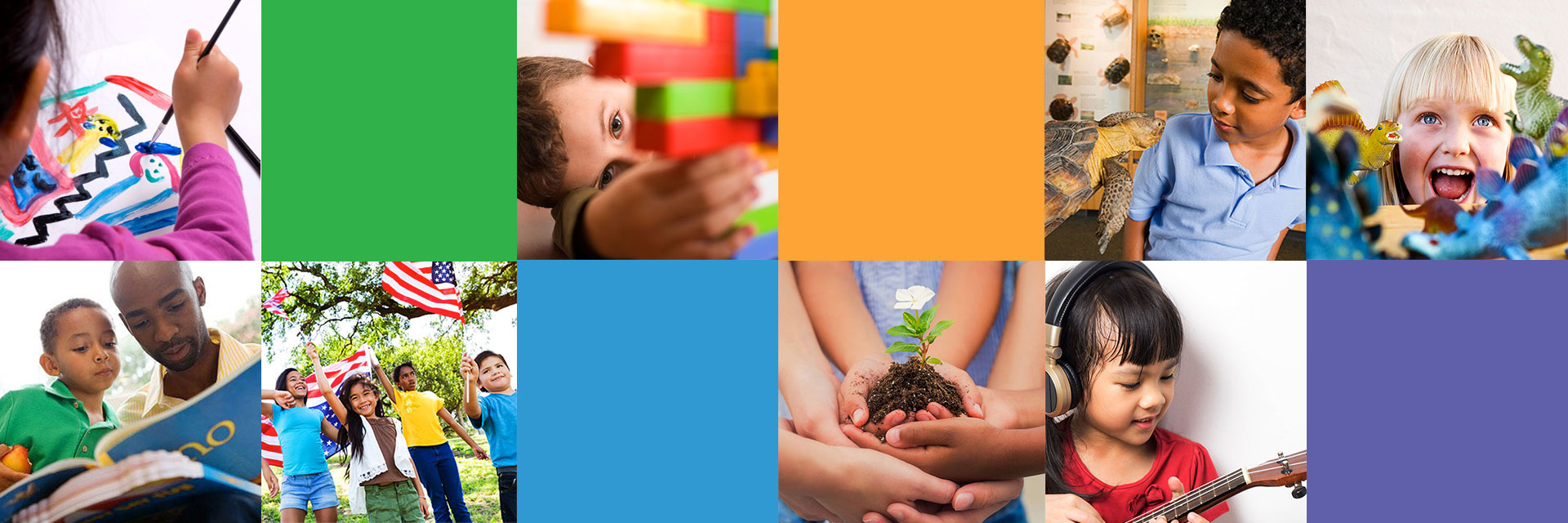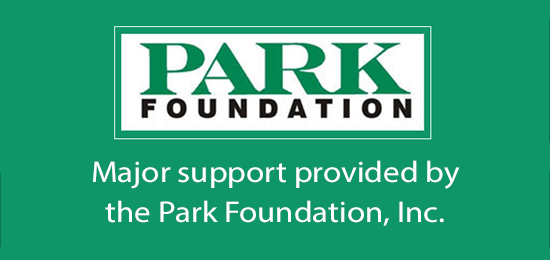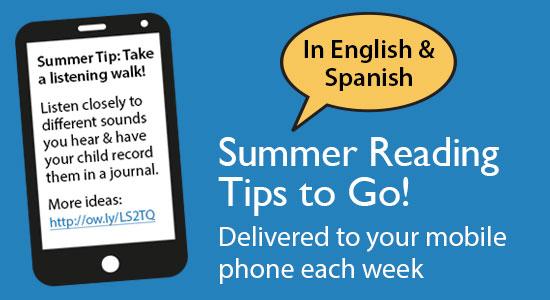
For many children, learning slows way down (or even stops) during the summer. Poorer families often miss out on the opportunities that wealthier families take for granted: enrichment camps, lots of books at home, regular visits to the library and museums, and family road trips that keep young minds engaged and build background knowledge.
What is the summer slide?
The "summer slide" is when children — particularly those from disadvantaged families — lose skills learned during the school year.
For many children, learning slows way down — or even stops — during the summer months. Poorer families often miss out on the opportunities that many wealthier families take for granted: enrichment camps, lots of books at home, regular visits to the library and museums, and family road trips that immerse young minds in new experiences. This lack of learning opportunities can have devastating long-term effects.
Why does summer reading matter so much?
Research has consistently shown that summer reading loss is one of the most significant causes of the achievement gap between poorer and wealthier students. On average, low-income students lose more than two months of reading achievement over the summer months, versus slight gains made by middle-class students.
Over time, the losses accumulate to contribute significantly to the huge achievement gap between poorer and wealthier students. By sixth grade, the cumulative effect of summer reading loss creates a gap of 18 months or more between struggling and proficient readers. Children who start off behind tend to stay behind — performing poorly in middle and high school and dropping out of high school at alarmingly high rates.
Over time, this summer reading loss accounts for about two-thirds of the gap between low-income students and their wealthier peers. This gap has grown roughly 30 to 40 percent larger among children born in 2001 than among those born twenty-five years earlier.
This infographic from the National Summer Learning Association illustrates the problem and how good summer programs can prevent or reduce summer learning loss:

Preventing the summer slide
With the achievement gap between children from high- and low-income families already growing over the past few decades, it is more important than ever for parents and organizations working with low-income children to provide meaningful summer learning opportunities for children.
Start with a Book is designed to help address summer learning loss. The website provides parents, librarians, youth program leaders, and community groups a wide range of free and low-cost resources to help ensure that kids keep learning and exploring during the summer months and beyond.
By engaging children in literacy activities over the summer, we give them opportunities to build background knowledge, deepen vocabulary, improve reading fluency — and be ready in the fall for a successful school year.
Pick up a book!
In delivering the keynote at the National Summer Learning Day Fair held at the U.S. Department of Education in June 2014, former First Lady Michelle Obama said:
“So if you’re not picking up a book, and all you’re doing all summer long is sitting on the couch and catching up on TV shows, then I guarantee that you’re going to lose some ground next year in school. And that won’t just make a difference this fall, it can show up in the years ahead.”
The rigorous demands of the new Common Core State Standards and the Next Generation Science Standards are an additional, powerful reason to provide meaningful summer learning opportunities for children.
Adventures in summer learning
In this episode of Reading Rockets' Launching Young Readers, learn how to create a literacy-rich summer for kids. You'll also see profiles of summer programs for at-risk youth and children with learning disabilities. Watch Adventures in Summer Learning ›
The Home Front
Meet Wendy Bostic, a mother of two young children in suburban Washington, D.C., who knows that taking a vacation from school doesn't have to be a vacation from learning. During the summer, she makes a conscious effort to keep her two young children engaged — with reading, regular trips to the library, and exploring the world around them through local field trips.
Webcast: summer learning
In this webcast from Reading Rockets, Ron Fairchild and Dr. Loriene Roy — nationally recognized experts on reading and summer learning — address how to make the most out of the summer months. Taking advantage of high-quality programs and accessing community resources can turn potential summer loss into summer gain. Watch webcast ›
Summer learning: articles and briefs
- Why Summers Matter Summer Learning Brief (National Center on Afterschool and Summer Enrichment)
- Science in the Summertime: A Multi-Layered Learning Experience (National Summer Learning Association)
- STEM in the Summer: The Joy of Meaningful Learning (National Summer Learning Association)
- Libraries at the Center of Summer Learning and Fun (Urban Libraries Council)
- Making Summer Count: How Summer Programs Can Boost Children's Learning (Rand Corporation)
- Getting to Work on Summer Learning: Recommended Practices for Success, 2nd ed. (Rand Corporation)
- Learning from Summer: Effects of Voluntary Summer Learning Programs on Low-Income Urban Youth (Rand Corporation)
- Summer Learning Literacy Assessments (National Summer Learning Association)
- How to Make Summer Reading Effective (National Summer Learning Association)
The achievement gap: research and reports
- Education Gap Grows Between Rich and Poor, Studies Say (The New York Times)
- Summer Learning Gaps Worsen in Higher Grades, Just Not the Way You Think (Education Week)
- The Cost of Summer: with camps out of reach, a Raleigh family gets creative. (WUNC 91.5 | North Carolina Public Radio)
- Lasting Consequences of the Summer Learning Gap. (American Sociological Review)
- The effects of summer vacation on achievement test scores: A narrative and meta-analytic review. (Review of Educational Research)
- Whither Opportunity? Rising Inequality, Schools, and Children's Life Chances



